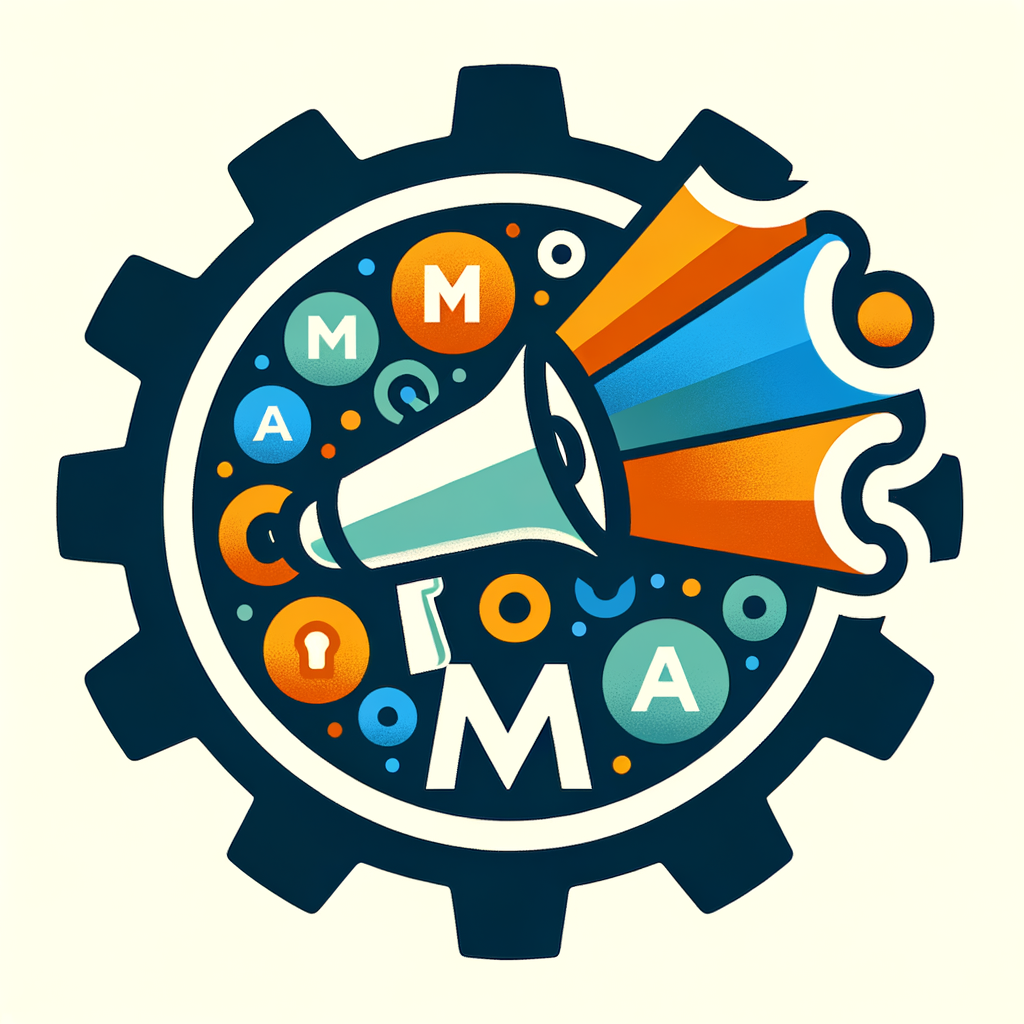What is marketing automation, and how can it help businesses streamline their marketing efforts and improve customer engagement?
Marketing automation refers to the use of software and technology to automate various marketing processes and tasks, such as email marketing, social media campaigns, lead nurturing, and customer segmentation. By leveraging advanced techniques in marketing automation, businesses can optimize their marketing strategies, increase efficiency, and deliver personalized experiences to their customers.
Key Takeaways
- Marketing automation helps businesses streamline marketing processes, improve customer engagement, and increase efficiency.
- Advanced techniques include lead scoring, behavior tracking, dynamic content personalization, and multichannel integration.
- Predictive analytics and machine learning enable data-driven decision-making and personalized customer experiences.
- Effective marketing automation requires a well-defined strategy, data integration, and continuous optimization.
Lead Scoring and Nurturing
Lead scoring is a crucial aspect of marketing automation that involves assigning a numerical value to each lead based on their behavior, demographics, and engagement level. This technique helps businesses prioritize their leads and focus their efforts on the most promising prospects. Advanced lead scoring models can incorporate machine learning algorithms to analyze vast amounts of data and identify patterns that indicate a lead’s likelihood to convert.
Lead nurturing is the process of building relationships with prospects through personalized content and targeted communication. Marketing automation platforms enable businesses to create nurturing campaigns that deliver relevant information to leads based on their interests, behaviors, and stage in the buyer’s journey. This approach helps move leads through the sales funnel and increases the chances of conversion.
Behavior Tracking and Analytics
Behavior tracking involves monitoring and analyzing how prospects and customers interact with a company’s website, emails, and other digital channels. Advanced marketing automation tools can track various activities, such as page visits, email opens, clicks, form submissions, and social media interactions. This data provides valuable insights into customer preferences, pain points, and buying signals, enabling businesses to tailor their marketing efforts accordingly.
Analytics plays a crucial role in marketing automation by helping businesses understand the performance of their campaigns and identify areas for improvement. Advanced analytics tools can provide detailed reports, dashboards, and visualizations, enabling marketers to make data-driven decisions and optimize their strategies.
Dynamic Content Personalization
Dynamic content personalization is the process of delivering tailored content to individual customers or segments based on their preferences, behaviors, and other relevant data. Advanced marketing automation platforms can leverage machine learning algorithms and predictive analytics to analyze customer data and serve personalized content across various channels, such as websites, emails, and mobile apps.
Personalized content can include product recommendations, targeted offers, personalized messaging, and customized user experiences. This approach enhances customer engagement, increases conversions, and fosters long-term loyalty by providing relevant and valuable information to each customer.
Multichannel Integration
Multichannel integration is the seamless coordination of marketing efforts across multiple channels, such as email, social media, websites, mobile apps, and offline channels. Advanced marketing automation platforms enable businesses to create unified customer experiences by integrating data from various sources and delivering consistent messaging and branding across all touchpoints.
Effective multichannel integration ensures that customers receive a cohesive and personalized experience, regardless of the channel they use to interact with the brand. This approach improves customer satisfaction, builds trust, and increases the chances of conversion and retention.
Predictive Analytics and Machine Learning
Predictive analytics and machine learning are advanced techniques that leverage historical data and algorithms to identify patterns, make predictions, and optimize marketing strategies. Marketing automation platforms can incorporate predictive models to forecast customer behavior, identify potential churn risks, and recommend the most effective marketing actions.
Machine learning algorithms can analyze vast amounts of customer data, including demographics, behaviors, preferences, and interactions, to uncover insights and patterns that would be difficult or impossible for humans to detect. These insights can inform personalized marketing campaigns, product recommendations, and customer segmentation strategies, leading to improved engagement, conversions, and customer lifetime value.
Marketing Automation Strategy and Implementation
Implementing advanced marketing automation techniques requires a well-defined strategy and a clear understanding of business goals, target audience, and customer journey. Businesses should start by mapping out their marketing processes, identifying areas for automation, and selecting the appropriate tools and technologies.
Data integration is a critical component of successful marketing automation, as it ensures that customer data from various sources (e.g., CRM, website, social media) is consolidated and accessible for analysis and campaign execution. Continuous optimization and testing are also essential to refine marketing strategies, improve campaign performance, and adapt to changing customer preferences and market conditions.
Conclusion
Advanced techniques in marketing automation empower businesses to streamline their marketing processes, deliver personalized experiences, and drive better results. By leveraging lead scoring, behavior tracking, dynamic content personalization, multichannel integration, predictive analytics, and machine learning, businesses can gain a competitive edge and build stronger relationships with their customers.
To fully harness the power of marketing automation, businesses should develop a comprehensive strategy, integrate their data sources, and continuously optimize their campaigns based on performance metrics and customer insights. By embracing these advanced techniques, businesses can stay ahead of the curve and thrive in an increasingly competitive and data-driven marketing landscape.
Explore the latest marketing automation tools and techniques, and take your marketing efforts to the next level. Stay curious, keep learning, and continuously refine your strategies to deliver exceptional customer experiences and drive sustainable growth.

